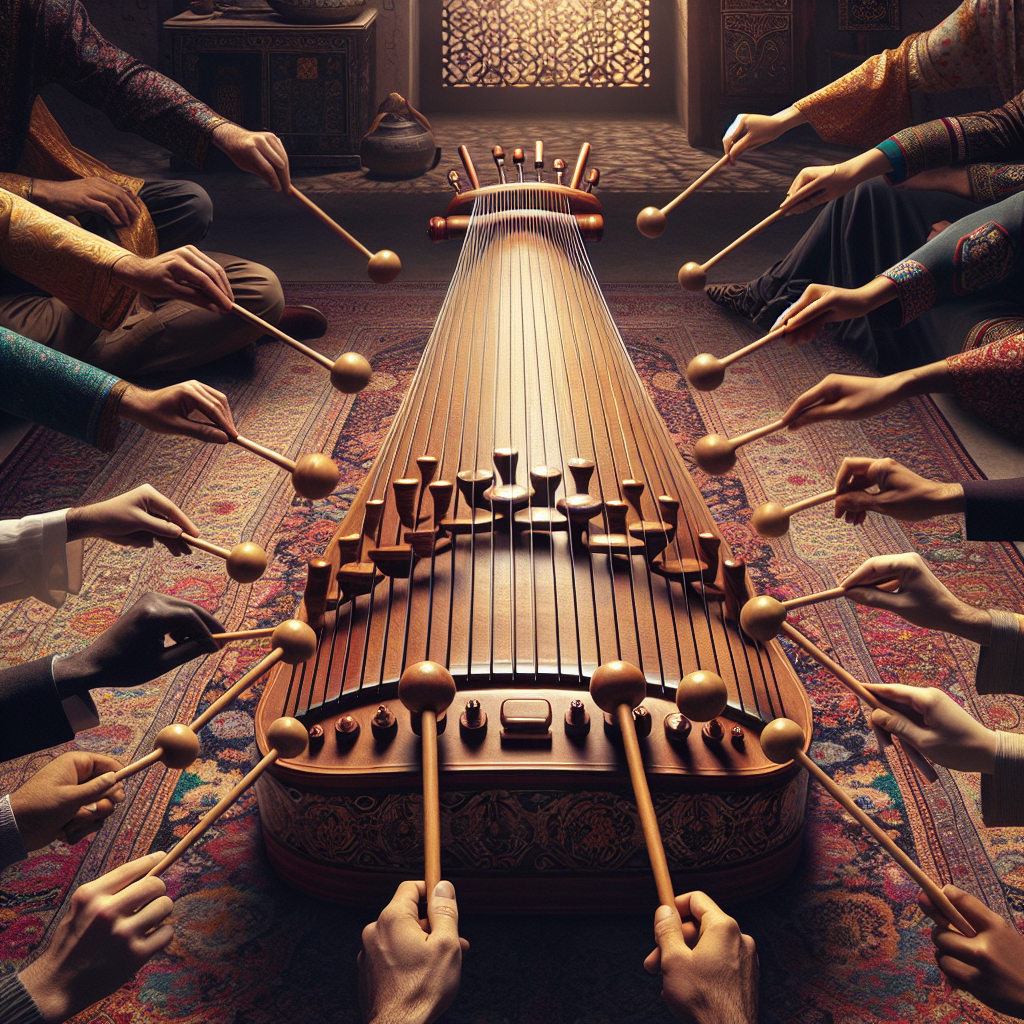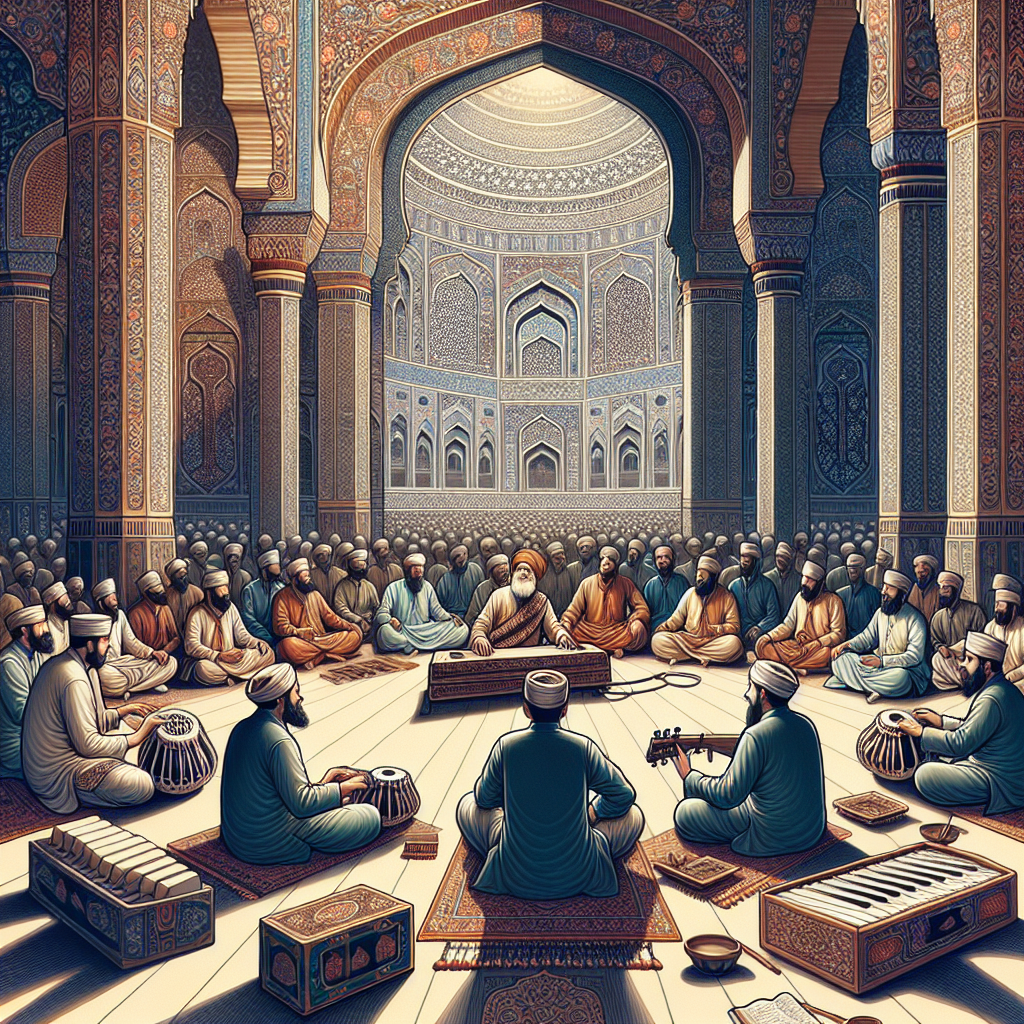A Glimpse into the Musical Marvel – Overture
Overture, from the French word ‘ouverture’, signifies an opening or unveiling in musical parlance. Originating in the Baroque era, overtures have evolved substantially and now form a global part of the classical music concert repertoire. This article delves into the ever-evolving role of the overture in classical music.
Birth and Evolution of Overture
The overture has its origins in the Baroque era. A nascent overture was typically an instrumental introduction or prelude to a vocal work such as an opera, oratorio, or cantata. However, it gained prominence in the Classical era with figures like Mozart and Beethoven refining and advancing its form. In the Romantic period, composers even began creating overtures as standalone concert works, unassociated with any larger piece. A famous example is Tchaikovsky’s whimsically enchanting ‘1812 Overture’.
Overture Structure
Overtures typically follow a three-part structure. The fast-slow-fast formula whether it’s French, Italian, or the mature ‘sonata’ form captivates the audience and sets the stage right for operatic marvels to follow. An overture’s purpose was to secure the audience’s attention, present musical themes, or establish the mood for the opera or play.
Overture’s Role in Classical Music
The overture plays an invaluable role in classical music. Initially, it served as a curtain raiser for the main opera, playing a vital role in setting the mood or introducing the themes of the opera. With time, the overture proved its mettle as an independent piece, demonstrating the composer’s creativity and command over musical structure, and providing the audience with a tantalising glimpse into the composer’s style.
Overture’s Enduring Appeal
If one wonders why the overture has an enduring appeal, it is because of its unique mixture of showmanship and subtlety. The melodic allure coupled with the rhythmic complexity captivates listeners from novices to connoisseurs. Its ability to evoke a sense of expectation and excitement without giving away too much lends it an irreplaceable place in classical music.
Conclusion
Exploring the role of the overture in classical music unveils its manifold dimensions. From a humble curtain-raiser to operas to autonomous concert pieces, overtures have come a long way. Its enduring appeal lies in its unique blend of musical nuance and narration. It’s a testament to the timeless allure of classical music and a tribute to the imaginative prowess of composers.
Frequently Asked Questions
- What is an overture in classical music?
An overture is an instrumental introduction to an opera, ballet, or play, often showcasing main themes, setting the stage, or creating a specific mood.
- What is the purpose of an overture?
An overture’s main purpose is to set the tone for the performance that follows. It introduces musical themes, establishes the mood, and draws audience attention.
- Why is the overture important in classical music?
The overture is important as it amalgamates showmanship and subtlety. It represents the composer’s creativity, introduces the key themes of the opera, and hooks the audience’s interest.
- What is the structure of a typical overture?
A typical overture follows a three-part structure. Mostly, it adheres to the fast-slow-fast formula, capturing the audience’s attention and setting the mood for the opera.
- Who are some famous overture composers?
Fantastic overture composers include Mozart, Beethoven, Rossini, Verdi, and Tchaikovsky, who have significantly contributed to the evolution of the genre.




